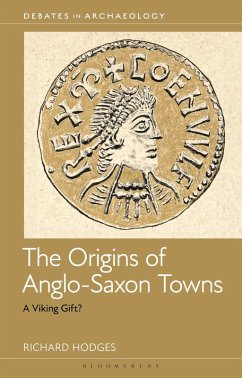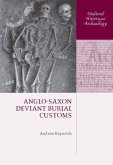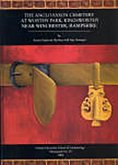Through a reconsideration of the debate about the archaeology of Anglo-Saxon towns, Richard Hodges focuses on the origins and history of the four Middle-Saxon emporia - London, Ipswich, Southampton and York - and the impact of the Viking Conquest in AD 866 on these towns. To mark the occasion of the centennial of Henri Pirenne's celebrated book, Medieval Cities (1925), Hodges reviews the influence of the Scandinavian model on Anglo-Saxon England in line with new archaeological and numismatic evidence, tracing the importance of the Viking conquerors to the formation of urban market-places in England. The crux of this study is to explore the question of when and how English early Medieval settlements gained a distinctive urban identity. And so, the emphasis is not just on markets, but also on civil defence. Looking beyond England, this book reveals that the Danish urban model influenced the rise of towns in Flanders, setting an economic strategy that played a major part in the creation of what Pirenne described as 'Medieval Civilization'. By asking questions about the political and economic situation of the 7th- to 10th-centuries, archaeology challenges key chapters in the canonical history of not just English urbanism but also the making of the European economy.
Hinweis: Dieser Artikel kann nur an eine deutsche Lieferadresse ausgeliefert werden.
Hinweis: Dieser Artikel kann nur an eine deutsche Lieferadresse ausgeliefert werden.








